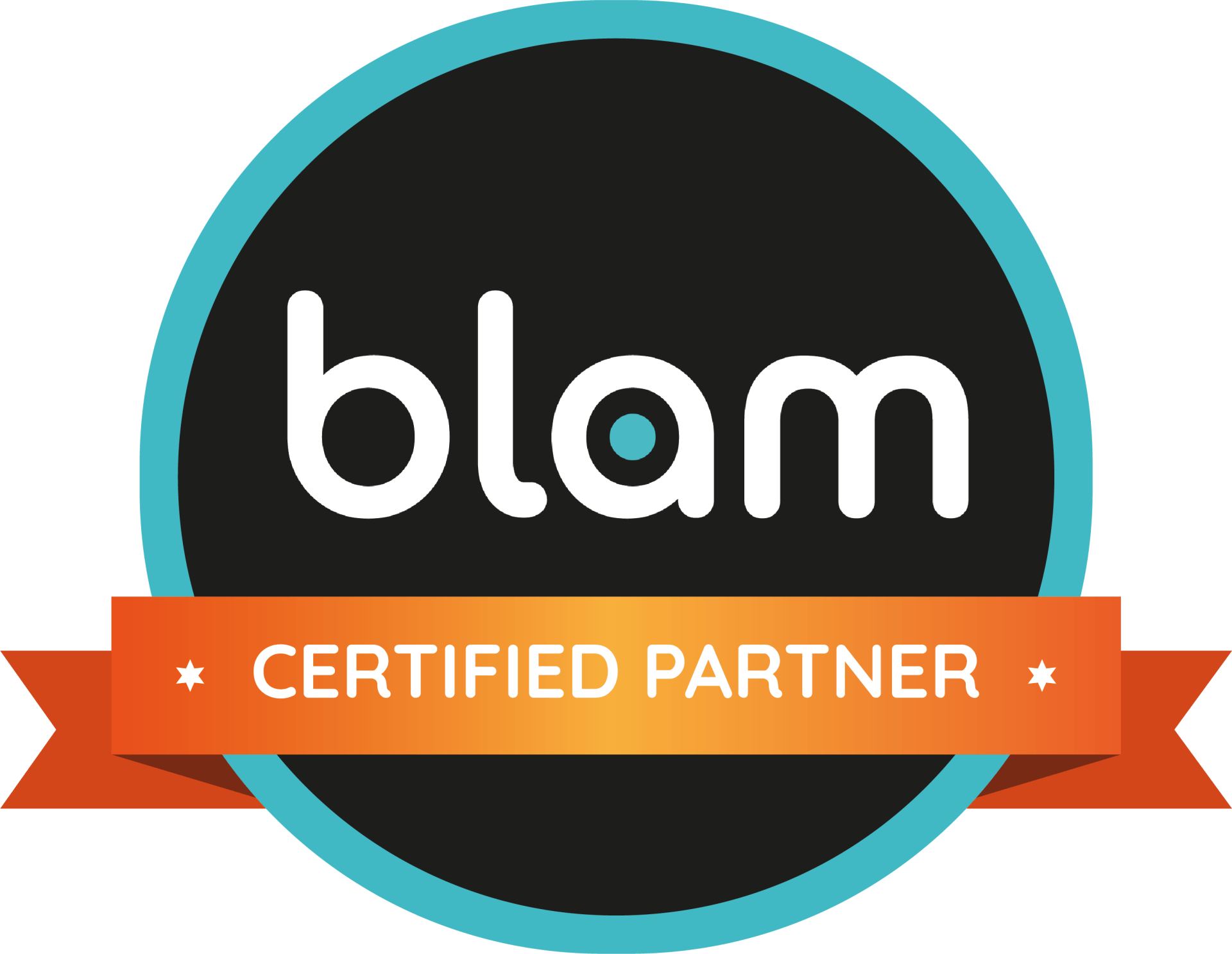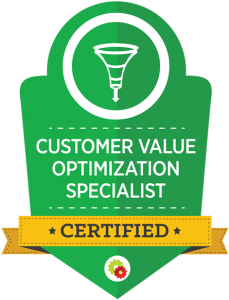Strategy for Successful Author-Entrepreneurship
The Future of Authorship: A Business or a Passion?
What does it mean to be a successful author today? Is it simply about writing books, or is there more to the equation? In an era where the literary world is as competitive as it is dynamic, success demands more than just talent—it requires strategy, adaptability, and an entrepreneurial mindset. Whether you're an aspiring writer, a published author seeking sustainability, or a nonprofit leader exploring impactful collaborations, understanding the fusion of artistry and business is crucial.
As an authority in contemporary self-help and inspirational poetry—covering themes of identity, self-discovery, personal growth, resilience, transformation, creativity, and healing—I believe that writing is both an art and a business. To thrive in this evolving space, mastering the business of being an author is just as important as honing the craft itself. Let’s explore key strategies to help you not only survive but truly thrive as an author-entrepreneur.
1. Treat Writing as a Business, Not Just a Passion

Successful author-entrepreneurs recognize that their books are both creative expressions and business products. This means:
- Investing in professional editing, cover design, and formatting to meet industry standards.
- Understanding book sales, royalties, and pricing strategies to ensure profitability.
- Establishing a structured writing schedule and project management approach.
2. Know Your Audience and Market

A book is only as impactful as the audience it reaches.
To effectively engage readers:
- Research your target audience’s demographics, interests, and reading behaviors.
- Analyze the competitor landscape to identify gaps in the market.
- Determine the best distribution channels—traditional publishing, self-publishing, or hybrid models.
3. Develop a Solid Business and Financial Plan

Financial stability allows you to sustain your writing career.
Essential steps include:
- Creating a clear budget that accounts for editing, publishing, and marketing costs.
- Monitoring income, expenses, and profitability with financial tracking tools.
- Planning for multiple revenue streams beyond book sales.
4. Build a Strong Author Brand and Platform

Your brand is your identity in the literary world.
To establish credibility:
- Develop a distinct brand voice and visual identity.
- Create a professional website and blog to showcase your work.
- Engage consistently with readers on social media and through email newsletters.
5. Implement a Strategic Marketing Plan
Marketing determines how well your book performs.
A strong plan includes:
• Leveraging email marketing to nurture and grow your audience.
• Running targeted social media campaigns and collaborating with influencers.
• Hosting book launch events, webinars, and joint activities with stakeholders.
• Optimizing book listings on Amazon, Goodreads, and other online platforms.
6. Diversify Your Income Streams
Relying solely on book sales can be limiting.
Expand your income through:
- Offering online courses, writing workshops, and paid speaking engagements.
- Creating digital merchandise and products related to your book’s themes.
- Exploring affiliate marketing, Patreon memberships, and brand collaborations.
7. Commit to Continuous Learning and Growth

The publishing industry is constantly evolving.
Stay ahead by:
- Keeping up with emerging trends in publishing, marketing, and audience engagement.
- Seeking feedback from readers, editors, and fellow authors to refine your craft.
- Investing in courses, mentorships, and professional development.
8. Network and Collaborate with Industry Professionals
Connections can open doors to new opportunities.
Build relationships by:
- Partnering with literary agents, publishers, and industry professionals.
- Attending book fairs, conferences, and networking events.
- Collaborating with fellow authors and artists on marketing initiatives.
Final Thoughts: The Power of Author-Entrepreneurship
The journey of an author-entrepreneur is one of continuous learning, adaptation, and growth. By treating writing as a business, building a compelling author brand, diversifying revenue streams, and actively engaging with your audience, you can create a sustainable and meaningful literary career.
For nonprofit leaders and stakeholders, collaborating with author-entrepreneurs presents an opportunity to foster important conversations, inspire transformation, and drive social change. Together, we can shape narratives that encourage resilience, self-discovery, and healing.
Let’s Connect
If you’re looking to explore collaborations or gain insights into the power of words in driving personal and societal transformation, I’d love to hear from you. Let’s work together to craft stories that matter.
About Us

At 1st Hour, we provide innovative, patient-centered digital solutions, including:
- AI-powered, responsive websites.
- SEO-driven healthcare content strategies.
- Mobile app development.
- Brand management and social media.
- 📞 Call: 774 719 4647
- 📧 Email: Barry@1stHour.online
- 🌐 Visit:
www.1stHour.online
Meet Barry Eneh

Barry Eneh, founder of 1st Hour, is a healthcare marketing expert passionate about connecting providers with patients. Follow Barry at
Barry@1stHour.online.




